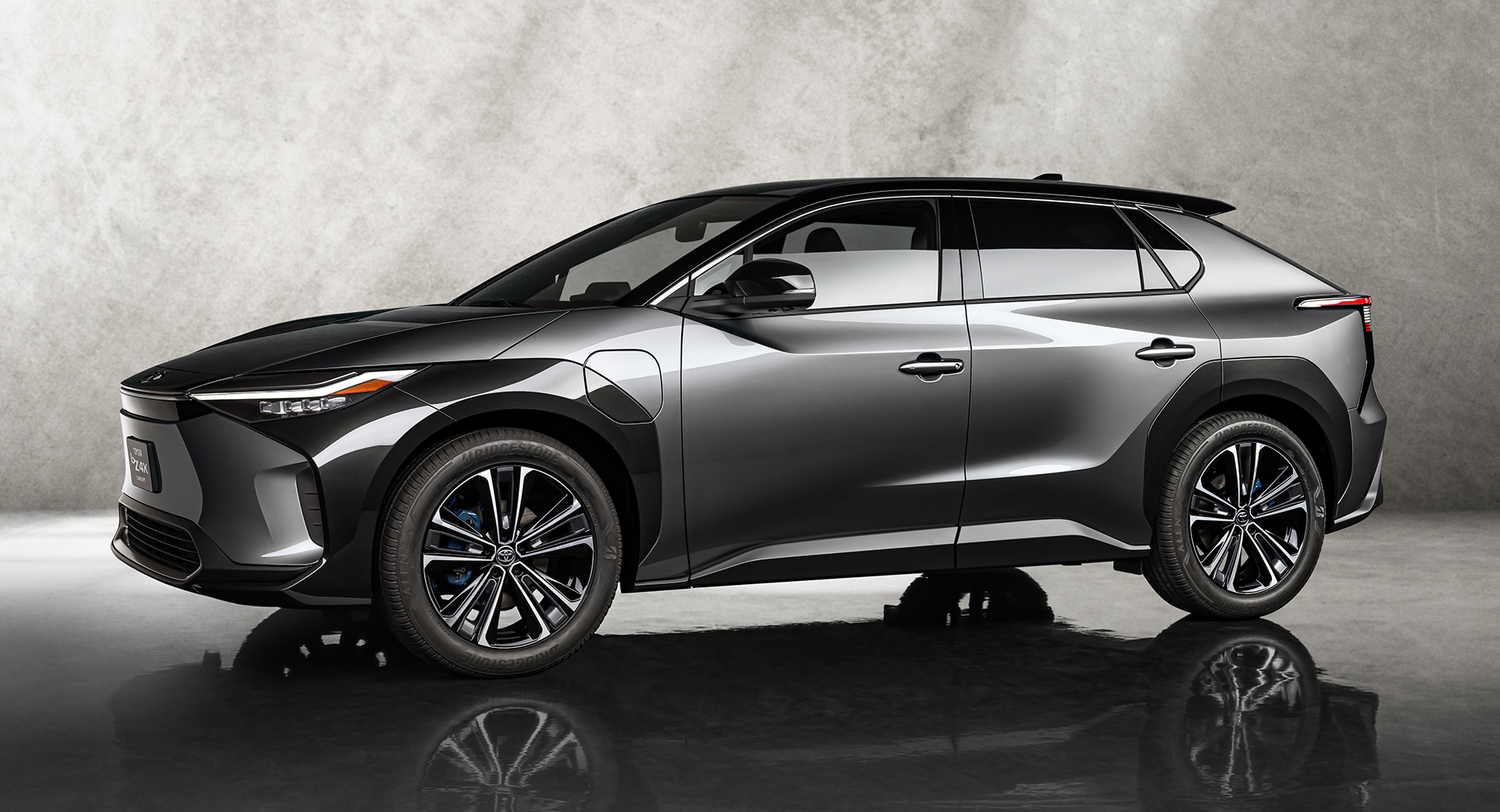This past week, six automotive manufacturers (Ford, GM, Mercedes, Volvo, BYD, and Jaguar Land Rover) committed to ending internal combustion engine production by 2040. One major automaker not on that list, though, was Toyota, and there’s a reason why.
Toyota believes that for certain areas of the world, zero-emissions aka electric vehicles just don’t make sense, at least not yet. They’re not saying that a full zero-emissions future by 2040 is out of the question, just that they would rather be more careful than blindly commit to a future that might not be feasible.
Read More: White House Wants U.S. Automakers To Commit To Making 40% Of Their Lineup Electric By 2030
See Also: Volvo Signs Glasgow Declaration To Reduce Carbon Footprint, Announces Internal Carbon Pricing Scheme
A Toyota spokesperson told Reuters: “We are ready to accelerate and help support with appropriate zero-emission vehicles. However, in many areas of the world such as Asia, Africa, Middle East… an environment suitable for promoting full zero emission transport has not yet been established. We think it will take more time to make progress…; thus, it is difficult for us to commit to the joint statement at this stage.”
Despite being the largest automaker in the world, Toyota has been quite resistant to efforts furthering vehicle sustainability, even being named the third most obstructive company to climate change after ExxonMobil and Chevron. Coincidentally, though, Volkswagen also took a similarly abstinent stance from the 2040 zero-emissions commitment, so it’s possible that the strategy the world’s two biggest automakers are adopting could be the right one.




